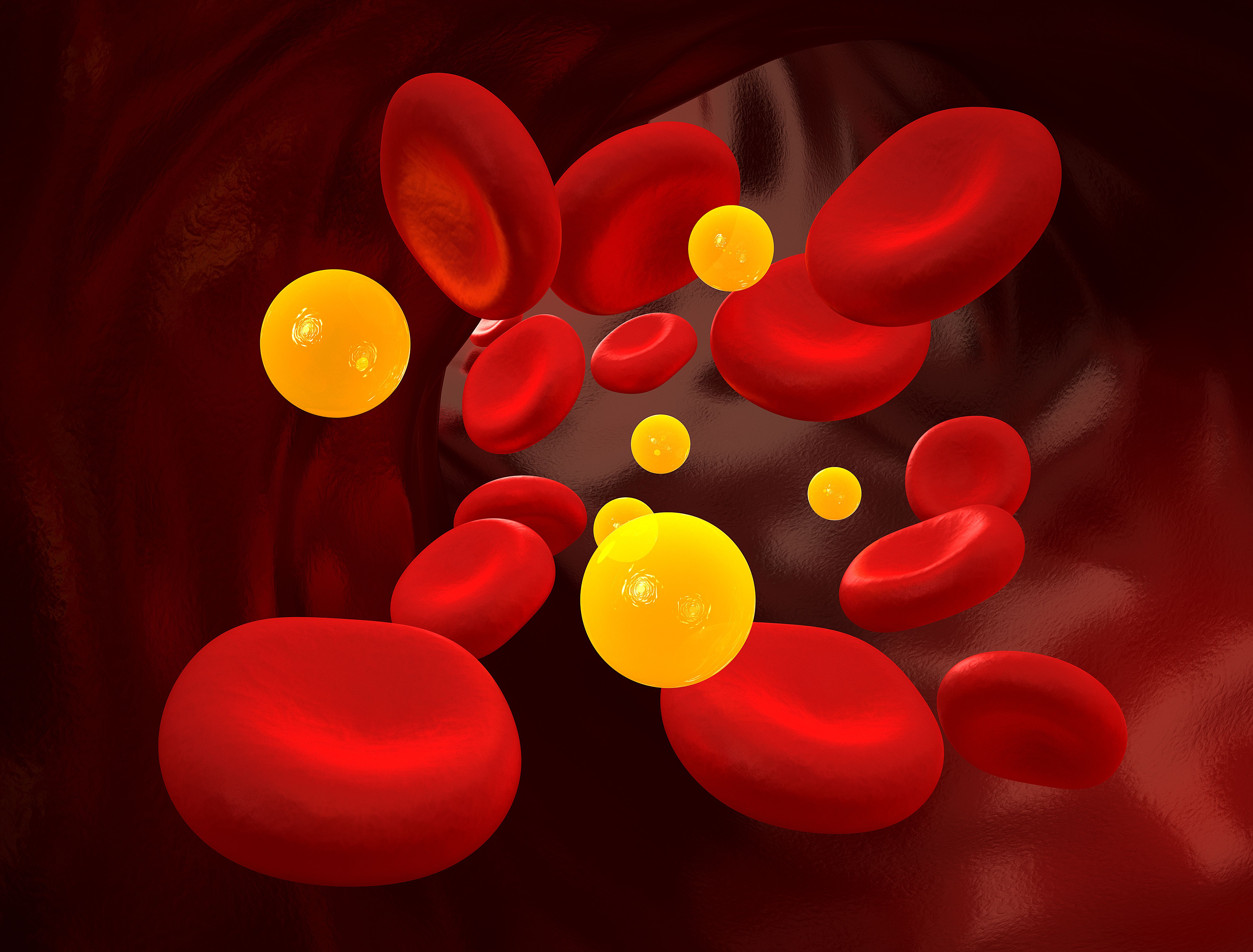Video
Unmet Needs in FCS Management
Author(s):
Transcript:
Vikesh Singh, MD, MSc: What are some of the unmet needs in the management of FCS [familial chylomicronemia syndrome]? Shifting back to our providers and how they need to think through their care of patients with this disorder, what do you think are some of the unmet needs, and how do you address some of these comorbidities and comanifestations of FCS?
Andres Gelrud, MD: The primary unmet need is that we don’t have an effective treatment. Unfortunately, when patients make a small mistake, such as putting an extra tablespoon of fat in whatever they’re eating, that error may be enough to make the patient have a bad episode of pain, which can lead to the emergency department and hospitalization. It’s such a basic unmet, need not having a treatment for FCS. It’s very difficult for patients with FCS to live with this condition and not derail their lives due to small mistakes.
I was very happy to hear the comments from Darlene, specifically that with social media we are starting to see support for patients with FCS. I believe education is going to be key in bypassing some of these unmet needs. Additionally, not only is education important for the patients who are suffering but for their physicians, too. The sad reality is that these patients’ struggles can become frustrating for physicians.
We may be trying our best, but our best may not be enough. FCS can be very difficult and challenging to treat. Patients may require large portions of our time, yet sometimes physicians are too busy to dedicate the amount of time needed. We have ancillary people who can help, who may be extremely capable and helpful, but the fact that that we don’t have satisfactory treatment to keep the disease under control makes it very challenging. The comorbidities we see because of the elevation in the triglycerides are other things that we need to try to treat. In general, doctors who are working with the patient to help prevent disease progression are doing a good job. However, the real challenge is when a small mistake is made causing a patient pain or pancreatitis, and the lack of an effective and simple treatment can be very difficult.
Unfortunately, we frequently put our patients on IV [intravenous] drips of different treatment to bring the triglycerides down. At times, we will have patients for whom we must do hemofiltration and plasmapheresis to clear out the blood due to high lipid levels. We may have to do that every week, or twice a week, or every other week, depending on how aggressive the condition is to prevent another attack.
It is also sad to see pregnant females have their triglyceride levels rise in the third trimester. These are problems that impact the unborn baby, so it can be very stressful for the patient, their family, and for the physicians. In total, the list of unmet needs is quite significant. FCS is a rare disease, and it is difficult for physicians to provide an effective treatment when there isn’t one available.
Transcript Edited for Clarity





